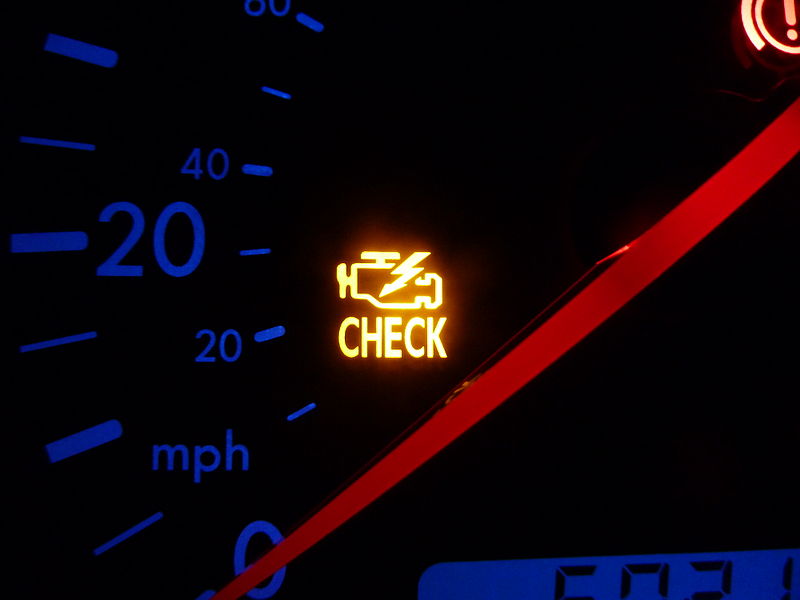As a proud owner of a German car, you know that these vehicles come with high-quality engineering and exceptional performance. But when it comes to repairs, you may find yourself faced with a hefty bill. The cost of repairing a German car can be overwhelming, but it’s important to understand the value vs expense trade-off. In this blog post, we will explore the factors that influence the cost of repairing your German car and how to make informed decisions about maintenance and repairs.
Quality Parts
One factor that contributes to the cost of repairing your German car is the quality of parts used in the repair process. German cars are engineered with precision and require specific parts that are often more expensive than generic brands. While opting for cheaper parts may seem like a money-saving strategy in the short term, it may lead to further damage or issues down the line.
Skilled Labor
Another reason why repairing your German car can be expensive is due to the need for highly skilled labor during repairs. German cars have complex systems that require specialized knowledge and experience to diagnose and fix properly. You want to ensure that you choose a mechanic who has experience working on your specific make and model.
Regular Maintenance
One way to mitigate potential costly repairs is by staying up-to-date on regular maintenance for your vehicle. Regular oil changes, tire rotations, and other routine maintenance tasks can prevent bigger problems from developing over time. By investing in preventative measures early on, you’ll save money in the long run.
Warranty Coverage
If your German car is still under warranty, it’s important to understand what types of repairs are covered under warranty and which ones aren’t. Some warranties only cover specific components or exclude wear-and-tear items like brakes or tires. Knowing what’s covered will help you make informed decisions when it comes to repairs.
Finding a Trusted Mechanic
Finding a trusted mechanic who specializes in German cars is key to avoiding unnecessary repairs and expense. Look for reviews and recommendations from other German car owners in your area, and don’t be afraid to ask questions about their experience and qualifications. A good mechanic will take the time to explain the repair process and provide you with options that fit your budget.
While repairing your German car can come with a high price tag, it’s important to consider the value vs expense trade-off. Choosing quality parts, skilled labor, investing in regular maintenance, understanding warranty coverage, and finding a trusted mechanic are all ways you can make informed decisions when it comes to repairs. By taking these steps, you’ll not only save money in the long run but also ensure that your German car continues to perform at its best.

About Your Blog Post Author - Autoworks Colorado

Autoworks offers over 25 years of experience and an established reputation for quality service at an affordable price. We emphasize on personal attention and treat all of our clients like our own family. If you have a German import, we know how to fix it! We are a full service independent auto repair shop for all makes of German cars. Using only original equipment parts, we love what we do and we will get you back on the road in no time!
More From Our Blog
New Car Warranties Explained: Dealership vs Independent Mechanic for German Vehicles
Owning a German car or SUV means committing to exceptional engineering and premium driving experiences. Whether you're behind the wheel of a BMW, Audi, Mercedes-Benz, or Volkswagen, maintaining your vehicle to meet its high standards is essential. But when it comes to servicing under your new car warranty, [...]
How to Extend the Life of Your BMW Car or SUV
As a Colorado car owner, you know the importance of taking care of your vehicle, especially if you drive a luxury brand like BMW. Owning a BMW car or SUV is a symbol of prestige and class, but it also comes with the responsibility of proper maintenance to [...]
Why is My Audi’s Check Engine Light Always Turning On?
As a Colorado Audi owner, it is not uncommon to notice the check engine light (CEL) turning on from time to time. The question is, why does it keep happening? Is it something minor, or should you be concerned? As auto mechanics, we’ve come across this issue countless [...]
Warning Signals: What Your German Car is Telling You and When to Visit a Mechanic
Owning a German car, whether it's an Audi, BMW, Mercedes, or Porsche, is a luxury experience. These vehicles are known for their performance, style, and reliability. However, like any car, they require regular maintenance to keep them running smoothly. One important aspect of maintaining your German car is [...]




